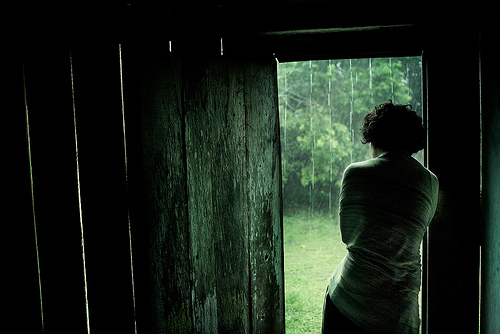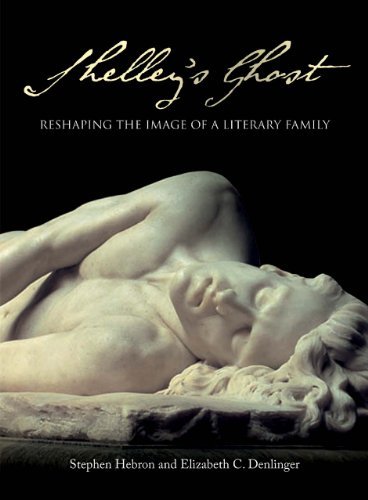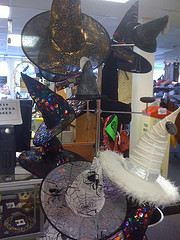[amazon_image id=”1466273089″ link=”true” target=”_blank” size=”medium” class=”alignleft”]The Man with Two Left Feet[/amazon_image]P. G. Wodehouse’s [amazon_link id=”1466273089″ target=”_blank” ]The Man with Two Left Feet[/amazon_link] is an early collection of short stories and contains the first short story featuring Wodehouse’s famous Jeeves and Wooster (“Extricating Young Gussie”). Most of the stories are humorous. Though the collection was published in 1917, the stories have a freshness that, with scant changes, could be adapted to modern scenarios. Most of the twelve stories have, at their heart, a romance, a bit of humorous confusion, and a happy ending.
Easily my favorite stories were “The Mixer: He Meets a Shy Gentleman” and “The Mixer: He Moves in Society.” The self-proclaimed “mixer” is a dog who defines himself by this term because he likes to socialize—he’s not shy. He’s a great little character, and is misunderstanding of human behavior is funny. These two stories reminded me just a little of the Disney film [amazon_link id=”B000B8QG4A” target=”_blank” ]Lady and the Tramp[/amazon_link]. There wasn’t a dog romance or anything like that, but the Mixer’s confusion about humans reminded me a bit of Lady’s, while his personality was pure Tramp. Very cute stories.
All of the stories are at least good. Probably only Wodehouse could make a story about man about to commit suicide funny. However, as a whole the collection felt a little light, and towards the end, the stories were predictable.
If I were to read the stories again, or for that matter, any short story collection, I’m not sure I’d do it via DailyLit. There was nothing wrong with the formatting or anything, but the installment reading didn’t work for me with short story format. I think I might be better off just dipping into a short story collection from time to time and finishing a whole story in one sitting rather than reading in installments as I did. I found myself sometimes bogged down and falling behind, and then finding it difficult to pick up where I left off. I would try Wodehouse again, especially as I can see even from this early collection that he has a gift for a light, humorous story.
Rating:



















